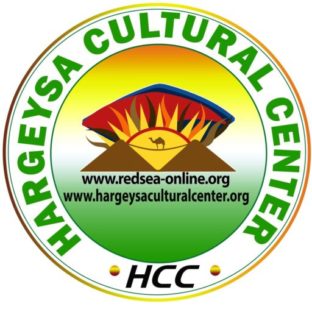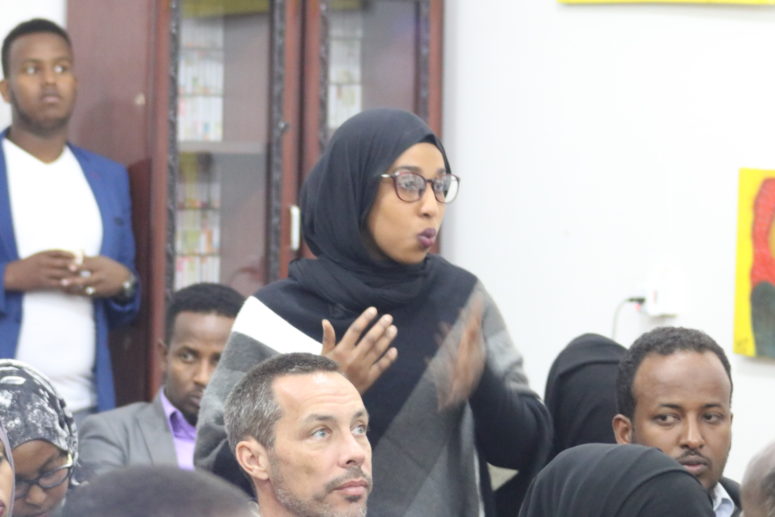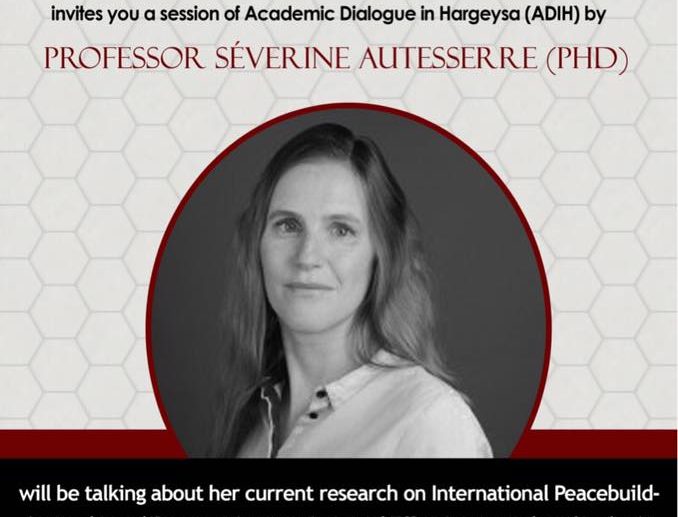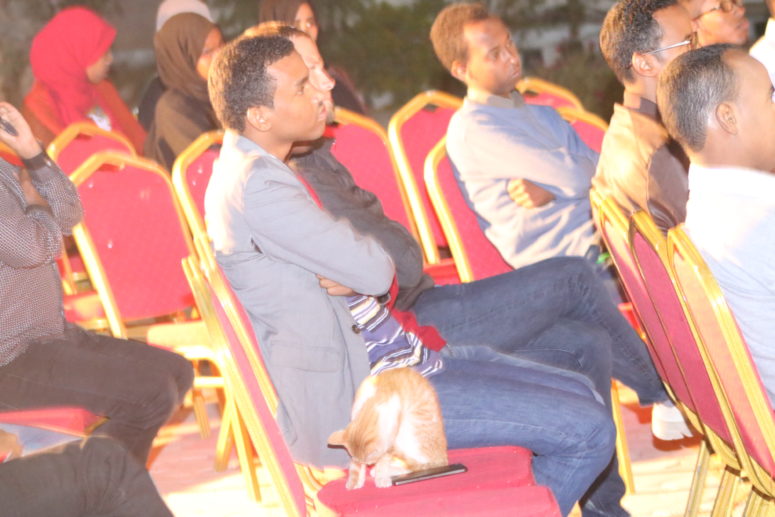“Saudi Arabia, the United Arab Emirates and Qatar within the Arab-African Horn: The recent multi-faceted breakthrough of high-profile and heterogeneous Gulf foreign policies (1990s-2017)”
This presentation was a follow up on the interesting topic of our previous presentation on Berbera basing politics: Understanding actors, interests, and animosities by Najah M. Adam. We had Mr. Brendon Novel, who is doing his research on “Saudi Arabia, the United Arab Emirates and Qatar within the Arab-African Horn: The recent multi-faceted breakthrough of high-profile and heterogeneous Gulf foreign policies (1990s-2017)”. Mr. Brebdon Novel is a Master II student at the Paris Institute of Political Studies (Sciences Po Paris) within the Paris School of International Affairs (PSIA). He is currently undertaking field work in the Arab Gulf and the Horn of Africa to document my Master’s thesis.
Summery
To what extend have Riyadh, Abu Dhabi and Doha increased their own distinct political, military and economic presence through newly shaped offensive foreign policies in recent time, bringing about important multidimensional dynamics between both shores of the Red Sea?
The objective of this very piece of work is to show the extent to which the state-centric projections of Saudi Arabia, the United Arab Emirates and Qatar, characterized by high- profile, personalized and heterogeneous foreign policies towards the Arab-African Horn countries have established numerous, strong, weak and sometimes destabilizing dynamics in the “Afro-Middle Eastern sub-region” (Woodward, 2002). I argue that the Arab-African Horn is a proper field where Riyadh is projecting itself as the historical Middle Eastern Hegemon, whereas Abu Dhabi is doing so as an offensive new-comer qualified as a Gulf little Sparta, while Qatar has been propelling a long-standing mediating role. These countries, according to their own interests, strategies and windows of opportunity through the 1990s-2017 period, have developed different relationships, at different time, on different levels of robustness, with their African-Arab Horn partners. They have consequently established major macro inter-states dynamics — quite often with the help of a wide range of fully state-controlled actors/tools that serve their objectives. The dissertation also puts the analysis into a highly important historical perspective and highlights major catalytic events which have spurred the three Gulf countries to increase multidimensional interactions with Sudan, Eritrea, Djibouti, Somaliland and Somalia over the analysis period.
This stage had the objective of assuring a connection between ongoing PhD research and feeding masters as a building stage for a collaborative work among researchers which is the core aim of the ADIH platform. During the presentation key directions for methodology and ethical consideration for research work were discussed as a way of guiding the young researcher in dealing the significant but complex research area he is working on.



